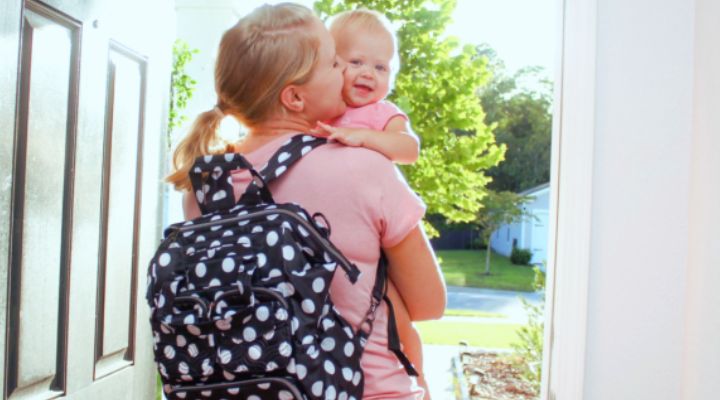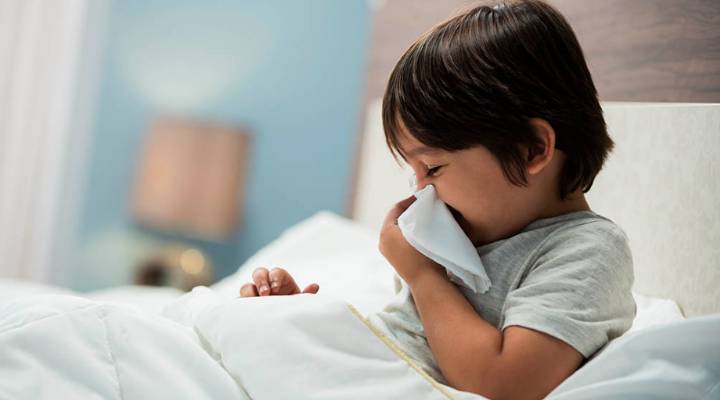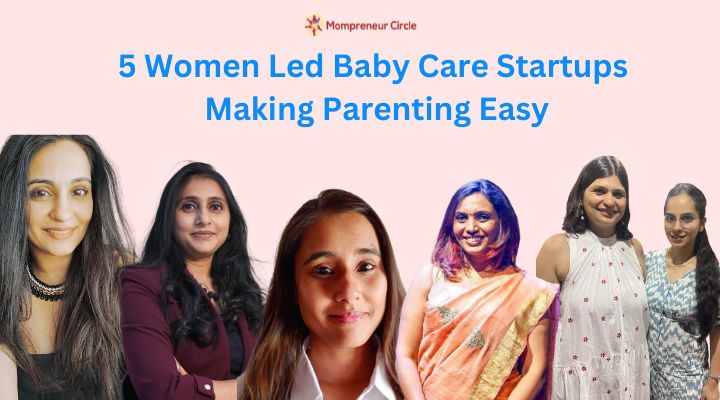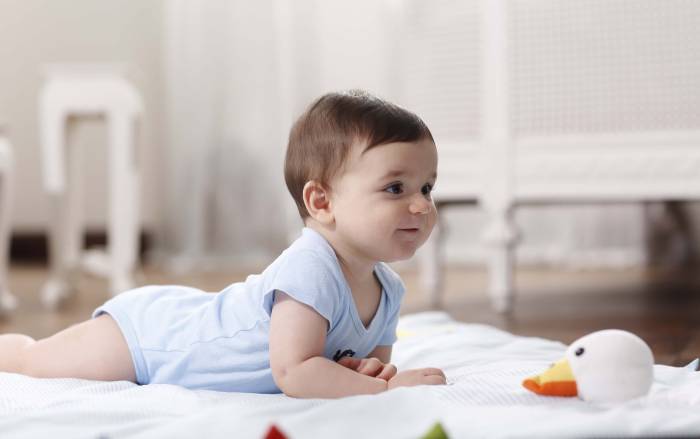How to create mental health awareness in your child
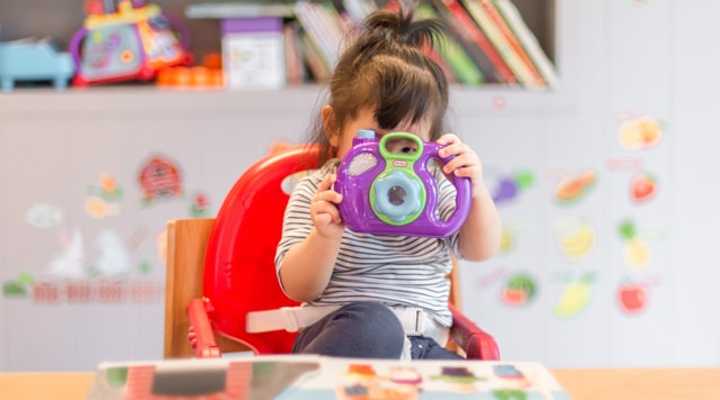
In reality, for all humans, mental health is a crucial component of growth and development. Since adolescence is a time of transformation, parents can find it challenging to talk to their teenagers. Parents should first and foremost express their love and adoration for their kids. You may start a conversation with a joke, your favourite snack, a show, an activity you two can do together, or a video.
If emotions are already upset or your teenager is irritated or furious then it is not the proper time to bring up certain topics or to interact with them. It is very important that you listen more than you talk. Listening is a very difficult task and it requires a lot of practice and skills. There must be understanding between adults and children. Every child needs to feel that he’s been listened to.
You as a parent or caretaker need to recognise that early reactions or your body reactions are extremely essential that may be in the form of a comment or the way you hold your body posture, all may have a great impact on the dialogues about how you’re feeling or what is going to happen. Always try to collaborate with your adolescent and get their permission before acting on any advice they may have for how to handle a situation. The most crucial thing to keep in mind is that your child must understand that you are on their side and that you can work together to eliminate the stigmas associated with mental health, regardless of what happens.
So it starts off with a very simple question – by asking what is there on your mind?
By developing a close relationship with their child, granting them independence, fostering social connections, instilling in them healthy routines, and setting an example of good behaviour themselves, parents can support their children’s mental health.
Nurturing affection and care is quite important and they play a strong foundation in assisting a child to build the social and emotional abilities which may be required to grow and develop effectively. Particularly for younger children, school platforms and animated movies play a crucial role in educating them about the most common mental health conditions and the signs that are crucial for early identification and assistance. This can be achieved by holding role-playing exercises with banners, running workshops, distributing handouts, and scheduling times in class when they can debate these topics and their difficulties. They must receive assistance and support as needed.
Children must realise the importance of mental health, despite the fact that doing so might be challenging. Working on the stigma, as well as working with the denial and self-acceptance, is very important. One of the best methods to teach youngsters is to detect distress signals that may develop in them or their friends. This is significant for adults as well as for children and teenagers.
Building this resilience, which will enable kids to encounter challenges in their lives and learn how to overcome them, calls for ongoing education. There are many other approaches including story methods like reading or even seeing some films on YouTube which may be used for this purpose. In order to address the issues, parents can also offer their personal experiences about how they dealt with these issues while growing up. Provide skills that help a youngster attain inner tranquilly. They feel confident because it enables them to recognise their interests and talents, which they may use to become better prepared as adults.
By giving the kids a place to feel accepted and welcomed unconditionally, parents and instructors may help them develop a sense of belonging and bonding. In addition, parents can support their kids by giving them little domestic duties or responsibilities, which strengthens their sense of independence and belonging and strengthens their bonds with their parents. They are given the opportunity to choose genuine choice-based questions over trivial matters thanks to this decision-making reinforcement. It is possible to create trust circles that provide kids and teenagers the confidence to confide in a friend or family member in times of need.
It is also crucial to have easy access to mental health services, such as counselling in educational settings with workshops led by medical professionals. As a result, their impairment is lessened, and they may also comprehend that they must deal with their problems and issues. Children and teenagers need to understand how crucial it is to take care of their mental health. If your child struggles under academic pressure and becomes stressed out in the process, if you have high expectations for them as parents and they are frequently pushed to the limit, then something is wrong. If your child is bullied by classmates, teachers, neighbours, and members of the community, there has been a wilful abuse of power in the situation.
Bullying and a conflicted family environment play an important role in mental health as it creates stress for the child. Long-term stress can have detrimental effects on their mental health and they can actually get into feelings of depression, anxiety, obsessive, compulsive disorders, or may get into the wrong company. If such a situation occurs, what is important for you to use as a parent is to identify whether there has been a significant change in behaviour. Any kind of behavioural change should be taken seriously and is important if there has been academic deterioration, complaints regarding physical health, like headache, abdominal pain, difficulties in sleeping and eating, and decreased interest in playing or engaging in activities, which were enjoyed earlier.
A feeling of sadness persists and manifests as sobbing fits, nightmares, aggression, withdrawal, and anxieties like the need to be alone or a fear of the dark. If any of these elements are present, it is important for parents to recognise that their children may be experiencing stressful circumstances or mental health issues that need to be investigated. It is best to seek expert assistance if your degree of worry or discomfort is high.


